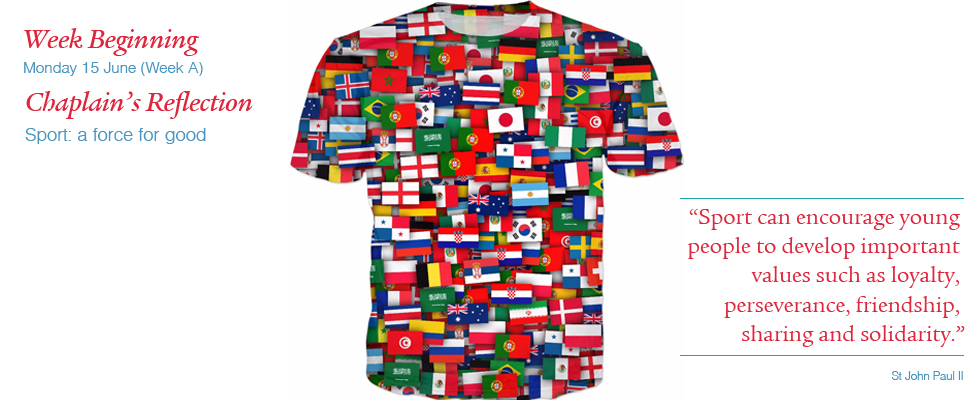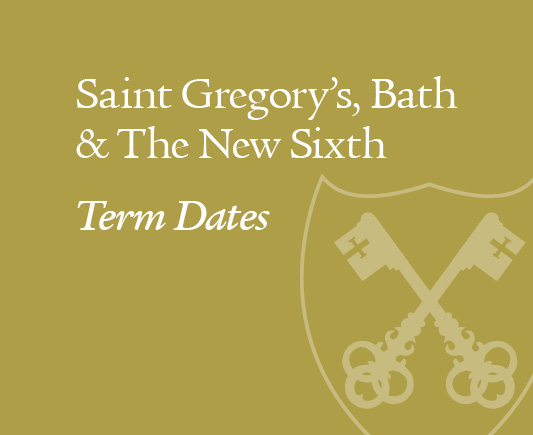Twelve months ago I was looking forward to this academic year planning the themes for each week. As we got to June I’ll readily admit my heart skipped a beat as I thought ahead to the potential for England playing in a major tournament on home soil for the first time since Euro ‘96. The anniversary Euro’s, due to take place this month all across Europe, were to culminate in the semi-finals and final being played at the home of football – Wembley. I’m sure even those that aren’t football fans recall the wave of optimism and feel good factor in 2018 when England finally reached a semi final of a major tournament, and Gareth Southgate brought a sense of pride back to supporting the English national team. In my mind, I was already looking, 12 months down the line, at another potential month filled with joy and anticipation. As we look at the current crisis in global sport today, it couldn’t be any further from what was expected right now.
Ever since I was a child football was the most exciting part of life for me. I still recall the moment free tickets were handed out in my primary school for a Preston North End game. It was actually a reserve game against Everton. Reserve games were somewhat hollow in atmosphere, with such low attendances and lacking the pace of a first team game. This game finished 1-0 to Everton. But I was hooked. A week later I was sat in the stands for a first team game with its immense atmosphere and tangible sense of excitement. From then on Saturday afternoon and Tuesday evenings became the markers that punctuated my week. Everything about a matchday brought the experience together: the football, the smell of coffee mixed with stale beer and pies, the taste of a Meat & Potato Pie drizzled in gravy and with a dollop of mushy peas in the centre, wearing my replica shirt over a jumper with no coat, as well as the result. Whether win, lose or draw I always loved live football at Deepdale, it was my real home. Why? Became of one special thing – the unity and communion.
At home and in school I was the epitome of an introvert, when I went to watch my beloved Preston North End I was able to express every emotion alongside people I felt knew how I was feeling. You see, sport creates community, it unites people in common goals, it unites belief and knowledge, it brings together people of all ages, sex and race as one body. In this Diocesan Year of Communion I believe that communion exists in so many aspects of society, the concept can be explored further and look at the human characteristics and gifts of the spirit that are accentuated by variations of community. There’s no denying many sports have their problems and attract the more extreme or violent element of society, but there is an overarching fellowship associated with sport. That is why this week’s theme was supposed to be ‘Sport: a force for good’. The European Football Championship’s have now quite rightly been moved to next year, just as most major sporting events have.
But this coming week does coincide with the reintroduction of Premier League and Championship football in England. I hold my hand up and openly admit I’m very uncomfortable with this. When so much has been given, so much sacrifice and fear across the country, whilst we are still unable to take part in the most basic of daily tasks and see the people closest to us. Whilst our nation is still hurt and worried, heaven and earth seems to have been moved to ensure the richest league in the world is able to recommence. Clubs are footing the bill for their own private Covid-19 testing, which continues on a cycle every few days to ensure their safety. The lower leagues have had their seasons cancelled due to financial instability. The question has to be asked, how important is the return of football right now?
On the flip side it can be argued that the return of so much football – some 200 games to be played over the coming six weeks – will have a positive impact on the mental health of millions of sport fans. The matchday experience and supporters being allowed to attend live matches is banned at present and likely to be for some time. However, football fans will be able to engage and be reinvested in the successes and failures of their team. The discussion and communication that comes with sport will indeed liven the mind and reignite a sense of belonging in a huge percentage of the country. There are so many arguments for and against the return of competitive sport. Many things to reflect on, to work out whether the benefits outweigh the risk or insensitivities.
The recent Pope, now St John Paul II was a huge advocate of sport as a uniting force for good. He was an incredibly forward thinking Pope who found ways to connect with the marginalised, other faith communities and with young people. In an address in the year 2000 at a Jubilee of Sports gathering he spoke the following words:
Playing sports has become important today, since it can encourage young people to develop important values such as loyalty, perseverance, friendship, sharing and solidarity…Sports have spread to every corner of the world, transcending difference between cultures and nations.
The educational and spiritual potential of sport must make believers and people of good will united and determined in challenging every distorted aspect that can intrude, recognising it as a phenomenon opposed to the full development of the individual and to his enjoyment of life. Every care must be taken to protect the human body from any attack on its integrity, from any exploitation and from any idolatry.”
He then continued with this next passage which could link to the apathy and lows that so many young people are now starting to feel after so long under lockdown:
Sport…is an opportunity to find new creative and motivating zeal, so that sport, without losing its true nature, can answer the needs of our time: sport that protects the weak and excludes no one, that frees young people from the snares of apathy and indifference, and arouses a healthy sense of competition in them; sport that is a factor of emancipation for poorer countries to the love of life, teaches sacrifice, respect and responsibility, leading to the full development of every human person.”
This weekend the Church celebrates the feast of Corpus Christi, the body and blood of Christ. At this time when we are unable to partake in Holy Communion, is an opportunity to delve deeper into what it means to be a part of the body of Christ. To explore how something such as sport can be a unifying force for good, creating communion and imbuing the spirit of God. The second reading from this weekend comes from St Paul’s first letter to the Corinthians, and if you read it below you’ll see how important Paul and the early Christians viewed the togetherness that the Eucharist brought. There is such strong imagery in the tearing and sharing of a loaf, so that they have all partaken of the same source, and drinking from the communion cup. Catholicism has at the centre the Eucharist, gathering around the altar of the Lord and sharing in the body of Christ and becoming the body of Christ.
The blessing-cup that we bless is a communion with the blood of Christ, and the bread that we break is a communion with the body of Christ. The fact that there is only one loaf means that, though there are many of us, we form a single body because we all have a share in this one loaf.
(1 Cor 10:16-17)
I’ll leave you this week with this prayer based on success in sport, but equally relevant to so many gains and successes we may be involve in at present:
Dear Lord,
In the struggle that goes on through life
We ask for a field that is fair,
A chance that is equal with all the strife,
The courage to strive and to dare;
And if we should win,
let it be by the code,
With our faith and our honour held high;
And if we should lose,
let us stand by the road
And cheer as the winners go by.
Amen.
Mr M Robinson
Lay Chaplain




